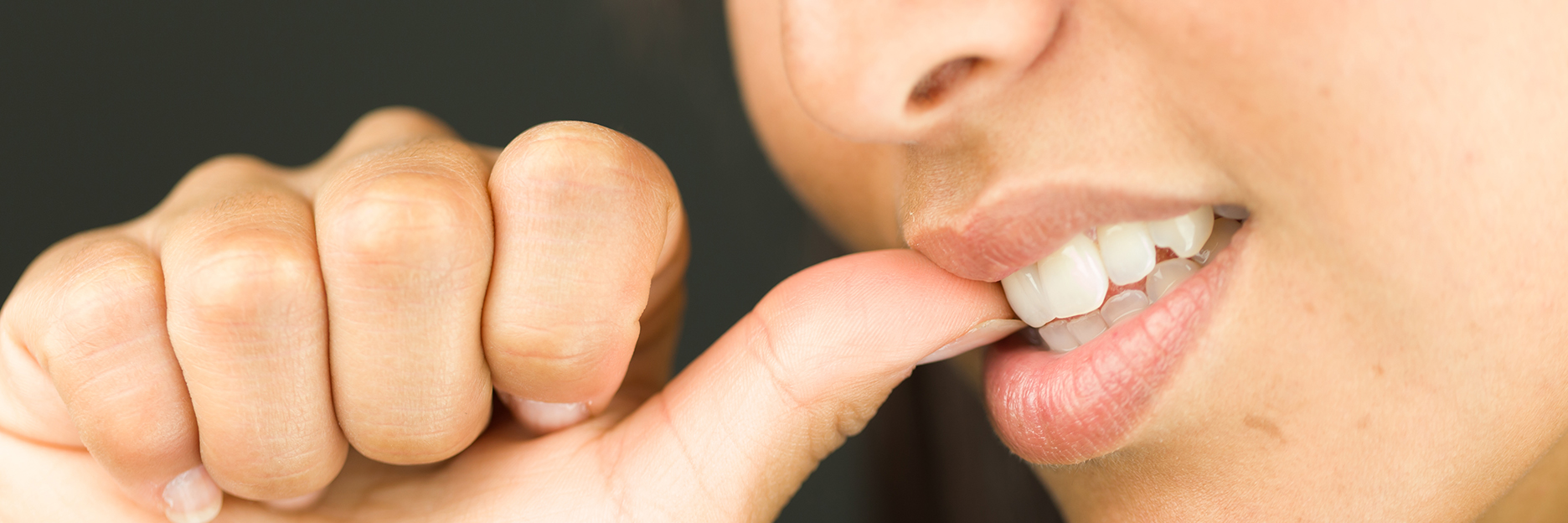When Habits Become Addictions

How Do We Know When Our Habits Have Become Addictions?
We all have good and bad habits. But sometimes, these habits can become addictions, and being addicted to anything can have a detrimental effect on our physical and psychological well-being.
Habits and addictions are at opposite sides of the dependency scale, and while differentiating between the two can be challenging, it’s an important distinction to make. Habits can be described as behavioural patterns where one action has been repeated so often that it becomes automatic.
There is an element of conscious choice in a habit. When you repeatedly do an act, it becomes an automatic response of the brain. You have been doing something in a particular way for a long time, so you tend to do it the same way every time.
Conversely, addictions are chronic diseases of the brain, which arise from habits, but are more extreme forms of them. An addicted person does not have any control over their impulses and is sometimes not conscious of their addiction. Addiction is usually closely associated with a physical and psychological dependence on substances like drugs, alcohol or tobacco, which temporarily affect the chemical composition of the brain. Sometimes addictions can also be linked to non-substances or acts. Some clear ways to distinguish habits from addictions are described below.
Distinguishing Between Habit and Addiction
- Monitor how easily you can maintain conscious choice over the habit. If you can control yourself it is a habit; but if you see that the habit controls you, then it is an addiction. Habits are a result of a mental activity but addiction affects mental stability. Addiction adversely affects the power to think, make decisions, and also affects behavioural patterns.
- A habit is generally non-destructive. A bad habit is one that is annoying, and tends to have a negative effect, but the negative effect is somewhat negligible. When the habit becomes damaging, destructive or out of control, then it becomes an addiction.
Generally speaking, we develop bad habits and addictions in moments of vulnerability. For example, some people may begin consuming alcohol for escapism, begin smoking for inclusion, or biting their fingernails for distraction. These behaviours (and others) can remain as simple habits, or can progress into addictions which can be far more destructive.
Most of us are probably aware of substance addictions related to tobacco, drugs, and alcohol, but we may be less aware of some non-substance addictions. Here are three examples of non-substance addictions, and their characteristics.
Non-substance Addictions
- Gambling. Problem gamblers typically continue to gamble whether they are winning or losing. Eventually the compulsion makes them desperate, willing to make bigger bets, and blame or alienate family and friends when they lose. The effects of compulsive gambling are felt throughout the family and can affect a gambler’s personal relationships, career, and life. Many problem gamblers gamble as a way of zoning out from life and other people. They suggest that they are most comfortable when they are alone.
- Internet. Internet addicts develop a dependency on online friends and activities. Such activities can include: instant messaging; social networking; gaming; or involvement in online forums. Real life relationships are often disrupted due to excessive internet use. Internet addicts typically spend more time in solitary seclusion and less time with real people in their lives. They also experience feelings of restlessness, moodiness, depression and irritability when attempting to cut down use of the internet, and may even lie to friends and family about their frequency of use.
- Shopping. People who ‘shop till they drop’, and run their credit cards up to the limit, often have a shopping addiction. They believe that if they shop they will feel better. Compulsive shopping and spending is similar to other addictive behaviours and can similarly affect relationships, careers, and life goals. In some cases, shopping addicts cannot pay their bills, and as a result they may experience financial, and/or legal challenges.




